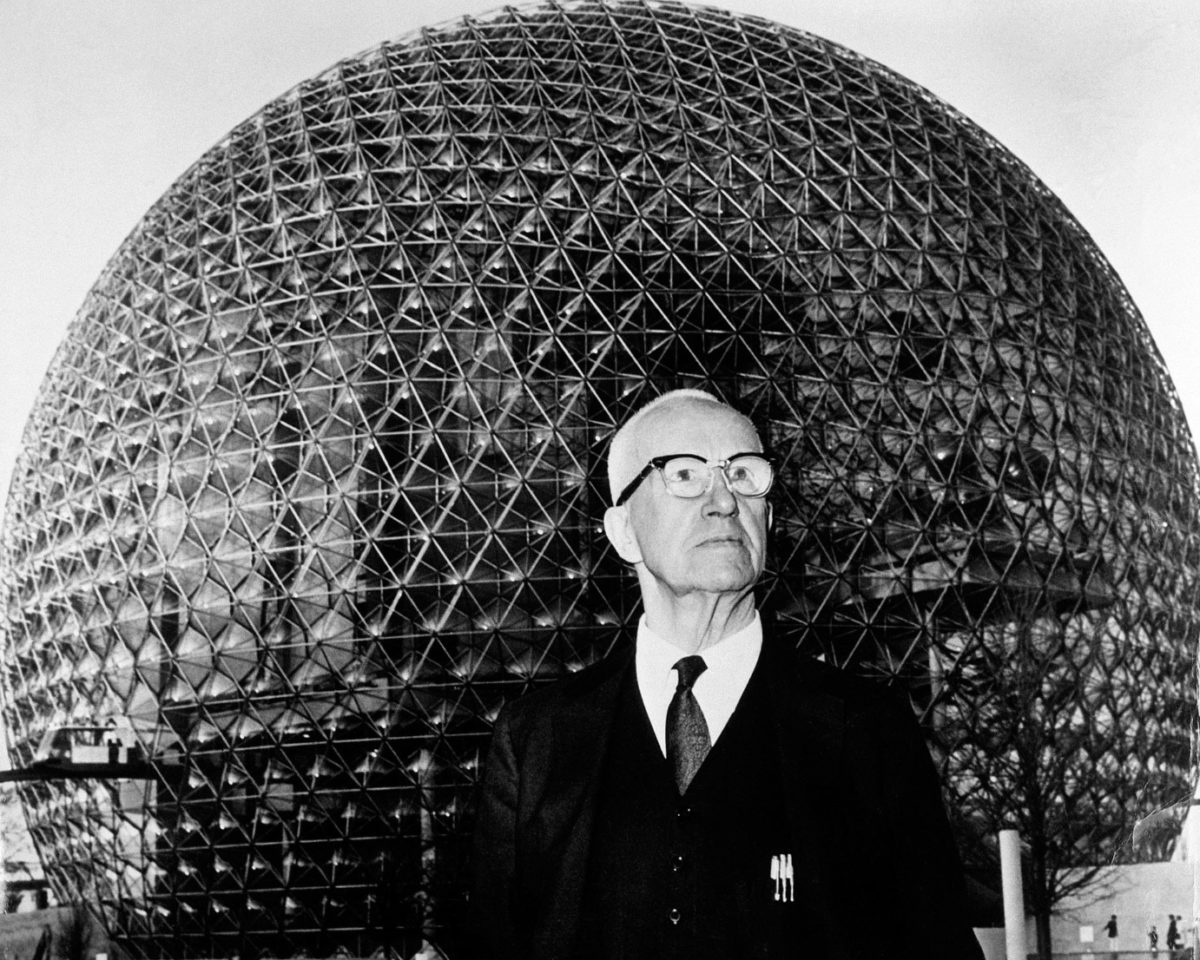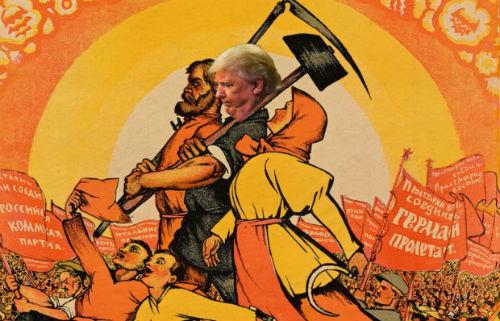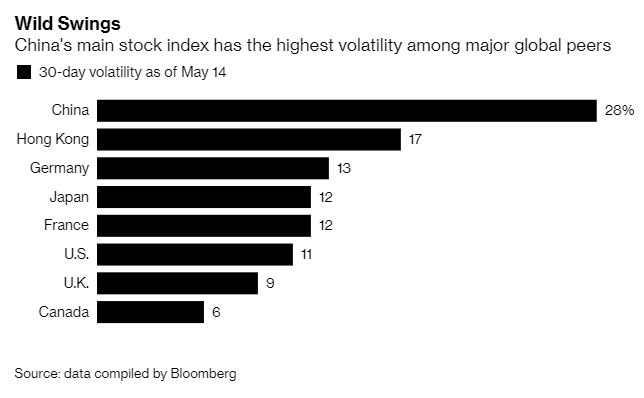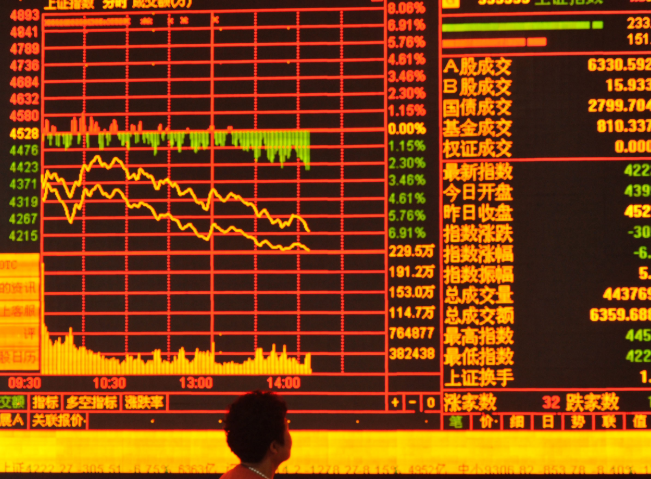Authored by Lawrence Franklin via The Gatestone Institute,
In his State of the Union address on February 5, U.S. President Donald Trump said that his administration was “holding constructive talks with a number of Afghan groups, including the Taliban… [in order] to be able to reduce our troop presence and focus on counter-terrorism.”
Trump continued, “We do not know whether we will achieve an agreement — but we do know that after two decades of war, the hour has come to at least try for peace.”
On April 26, following a meeting in Moscow on the status of the Afghan “peace process,” representatives of the U.S., China, and Russia released the following joint statement:
-
The three sides respect the sovereignty, independence, and territorial integrity of Afghanistan as well as its right to choose its development path. The three sides prioritize the interests of the Afghan people in promoting a peace process.
-
The three sides support an inclusive Afghan-led, Afghan-owned peace process and are ready to provide necessary assistance. The three sides encourage the Afghan Taliban to participate in peace talks with a broad, representative Afghan delegation that includes the government as soon as possible. Toward this end, and as agreed in Moscow in February 2019, we support a second round of intra-Afghan dialogue in Doha (Qatar).
-
The three sides support the Afghan government efforts to combat international terrorism and extremist organizations in Afghanistan. They take note of the Afghan Taliban’s commitment to: fight ISIS and cut ties with Al-Qaeda, ETIM, and other international terrorist groups; ensure the areas they control will not be used to threaten any other country; and call on them to prevent terrorist recruiting, training, and fundraising, and expel any known terrorists.
-
The three sides recognize the Afghan people’s strong desire for a comprehensive ceasefire. As a first step, we call on all parties to agree on immediate and concrete steps to reduce violence.
-
The three sides stress the importance of fighting illegal drug production and trafficking, and call on the Afghan government and the Taliban to take all the necessary steps to eliminate the drug threat in Afghanistan.
-
The three sides call for an orderly and responsible withdrawal of foreign troops from Afghanistan as part of the overall peace process.
-
The three sides call for regional countries to support this trilateral consensus and are ready to build a more extensive regional and international consensus on Afghanistan.
-
The three sides agreed on a phased expansion of their consultations before the next trilateral meeting in Beijing. The date and composition of the meeting will be agreed upon through diplomatic channels.
This statement was released a mere week after a summit between the Taliban and officials from the government of Afghan President Ashraf Ghani was postponed indefinitely, after the Taliban objected to the number of delegates that Kabul wanted to send to the meeting.
That spat was only one example of why negotiations with the Taliban have not been going smoothly. Another is concern on the part of high-ranking Afghan diplomats and intelligence officials that their American counterparts may be betraying them. Afghan National Security Adviser Hamdullah Mohib, for example, publicly accused Zalmay Khalilzad — the U.S. State Department’s Special Representative for Afghanistan Reconciliation — of having ambitions to become president of Afghanistan.
Sadly, no amount of blood, money or time spent in Afghanistan has been, or possibly will be, able to fashion it into a peaceful, united and democratic country. Pictured: U.S. Army soldiers carry a critically wounded American soldier on a stretcher to an awaiting helicopter, on June 24, 2010 near Kandahar, Afghanistan. (Photo by Justin Sullivan/Getty Images)
Nevertheless, in response to the U.S.-China-Russia trilateral statement on the peace process, Khalilzad wrote a highly optimistic post on social media:
“Our [the U.S.’s] agreement w/ China & Russia yesterday along w/ previous one w/ Europeans means we have emerging intl consensus on US approach to end the war AND assurances [that] terrorism never again emanates from #Afghanistan. More to do but important milestone. #Momentum”
Trump should be lauded for working toward a withdrawal from Afghanistan, where 14,000 U.S. troops still remain. But he should not expect to leave behind a peaceful situation in the failed state, which is made up of a complex web of tribal divisions and hostilities.
The ethnic Pashtuns, who comprise most of the Taliban’s recruits, account for about 40% of Afghanistan’s population. Taliban Pashtuns are largely from the Durrani Pashtun clan from southern Afghanistan in the Kandahar Province region, along the Pakistani border. The Durrani are historic enemies of the Ghilzai Pashtun clan, which inhabits the region east and south of Kabul.
President Ghani is closely allied with the Ghilzai Pashtun from eastern Afghanistan, and may have somewhat isolated himself by viewing his presidential responsibilities primarily through a Ghilzai lens.
The rivalry between Pashtun clans further complicates efforts to arrive at a negotiated settlement between the Taliban and the Ghani administration. There is a lack of trust even within the largely Pashtun Taliban.
Yet another factor militating against national unity is that Pashtun clans appear not to view Afghanistan’s non-Pashtun ethnic minorities as equal partners in a future Afghanistan. Pashtuns assume that Afghanistan is synonymous with “Land of the Afghans (or Pashtuns).”
Perhaps the most debilitating factor of all is that millions of Pashtuns also live in Pakistan, courtesy of the Durand Line. This dysfunctional demographic reality is a consequence of the late 19th century decision by imperial Britain to establish the border between Afghanistan and British India (which included today’s Pakistan) and Afghanistan. To the Pashtuns, however, the Durand Line is only a line on a paper map, to be ignored.
The point is that whatever the final terms of a negotiated U.S. withdrawal, Afghanistan’s strife will probably continue unabated.
The Taliban will still be able to count on a sizable supply of manpower — from Pakistan-based Pashtun males attending madrassas (schools for Islamic study). The Taliban may also rely upon continued support from Pakistan, unless Islamabad alters its strategic assessment that a pro-Pakistani regime in Afghanistan is a necessary wedge against India, its regional rival.
In addition, the Taliban and its Pakistani supporters are undoubtedly assured of an uninterrupted flow of financial support from Islamist sources in the Gulf States, as the strict Sunni nature of the Taliban brand of Islam is well-aligned with some of the Gulf State Islam.
Afghanistan’s remaining population consists of Tajiks (25%), Hazaras (19%), Uzbeks (6%) and various tribal peoples. Respectively, these Persian, Mongol and Turkic peoples, based upon their past armed resistance to Pashtun attempts to control the whole of Afghanistan, will most likely fight to maintain their autonomy. This historical reality alone should be sufficient cause for U.S. policy-makers to abandon the seemingly impossible task of building a unified, democratic, pro-Western Afghanistan.
Yet another reason not to harbor fantasies of a unified Afghanistan is the utter lack of what Mideast scholar Dr. Mordechai Kedar calls a “shared national consciousness.”
Even a superpower with good intentions such as the United States cannot accomplish the impossible. Sadly, no amount of blood, money or time spent in Afghanistan has been, or possibly will be, able to fashion it into a peaceful, united and democratic country.
* * *
Dr. Lawrence A. Franklin was the Iran Desk Officer for Secretary of Defense Rumsfeld. He also served on active duty with the U.S. Army and as a Colonel in the Air Force Reserve.
via ZeroHedge News http://bit.ly/2EzxIaX Tyler Durden





